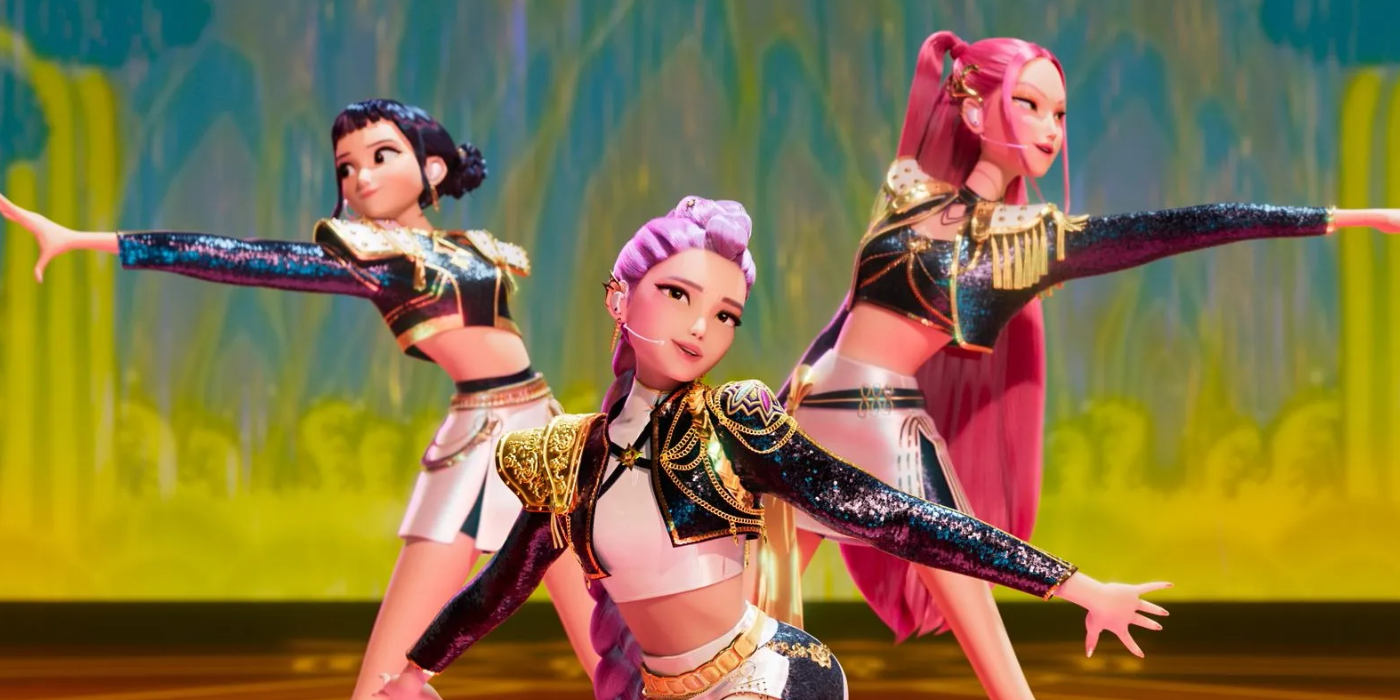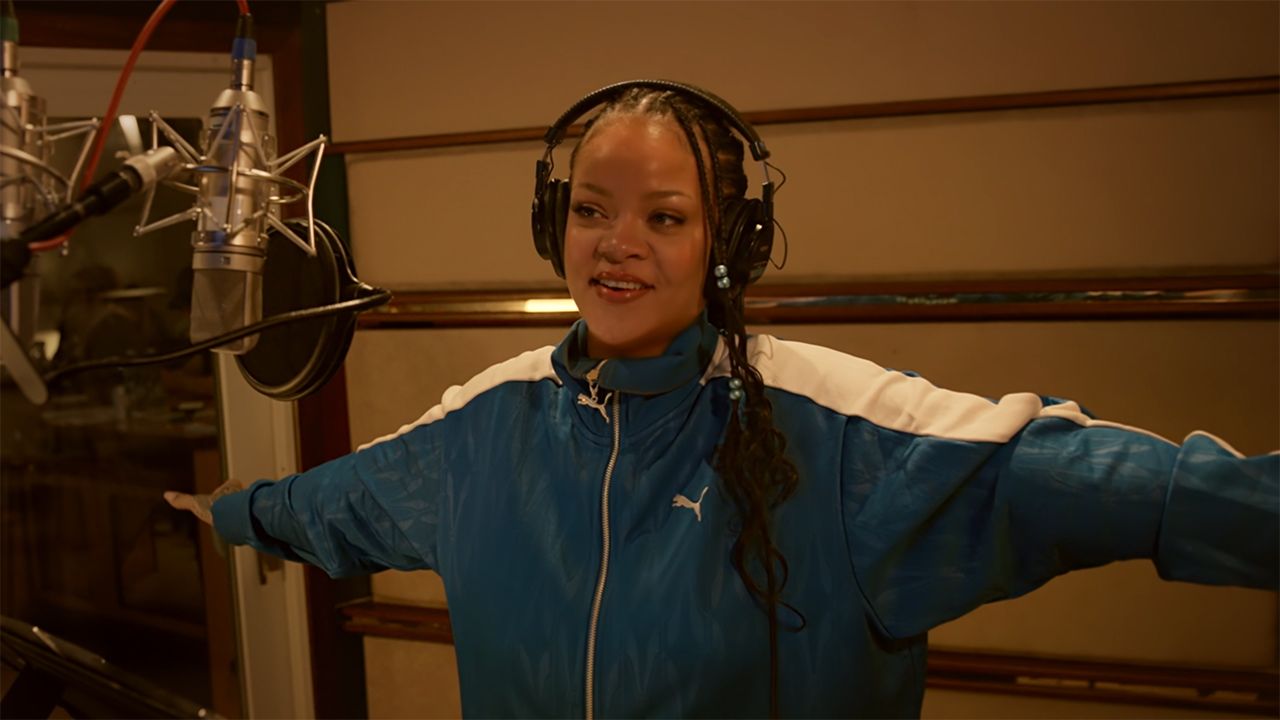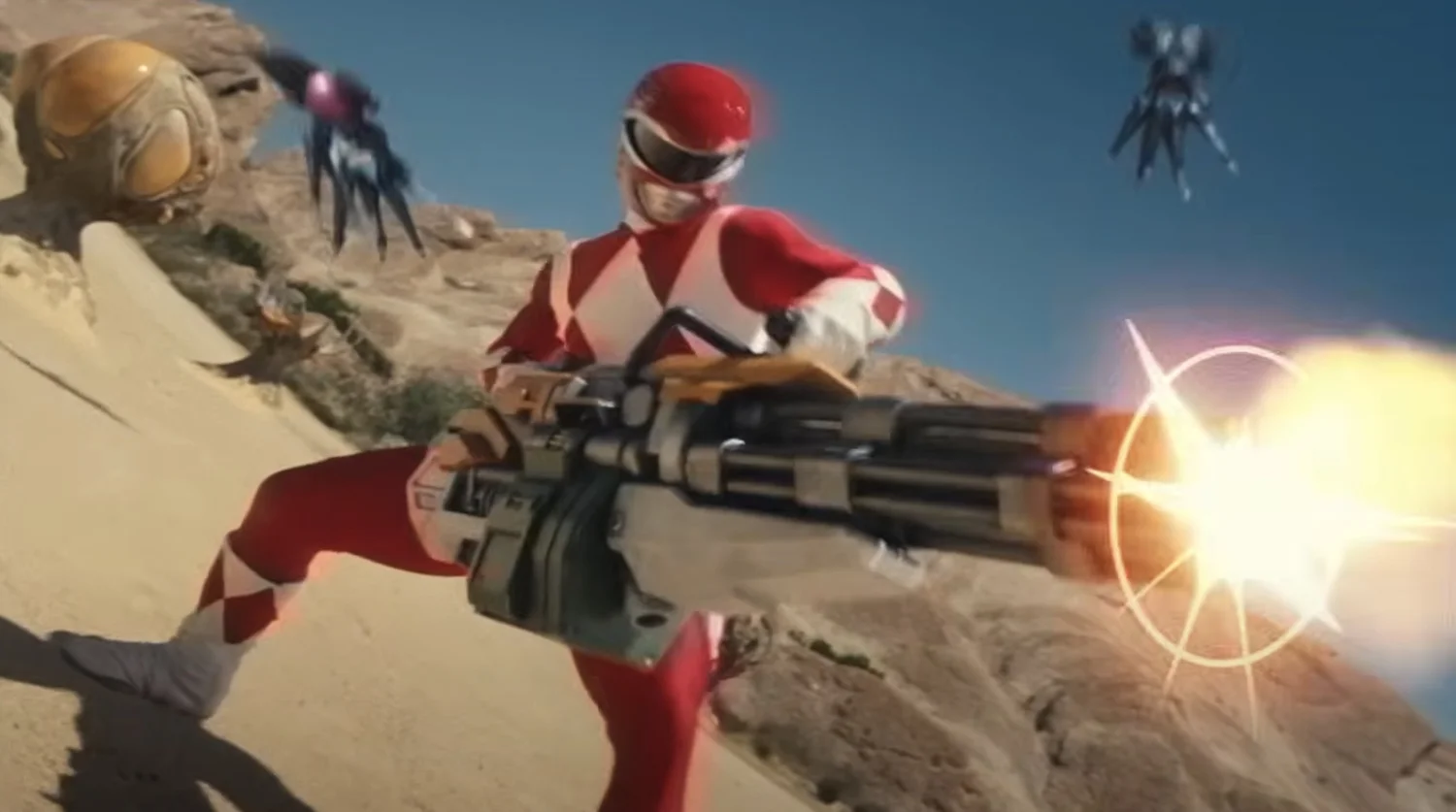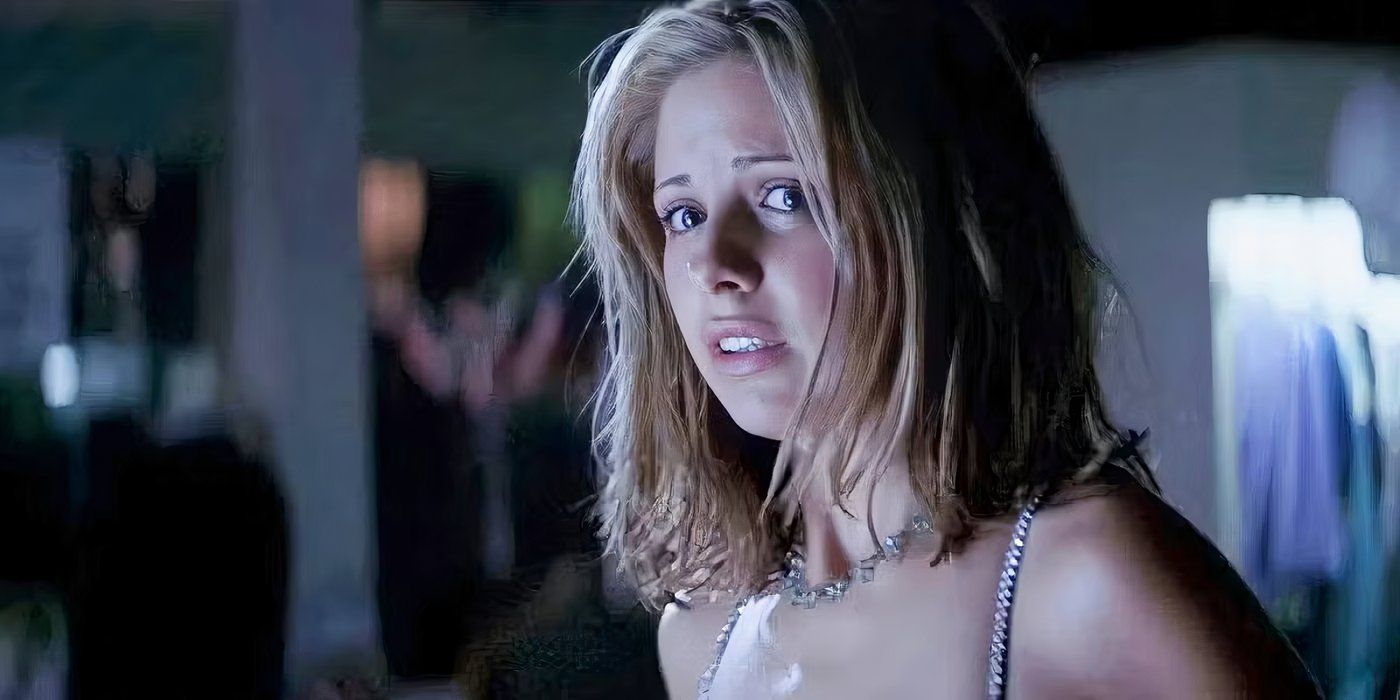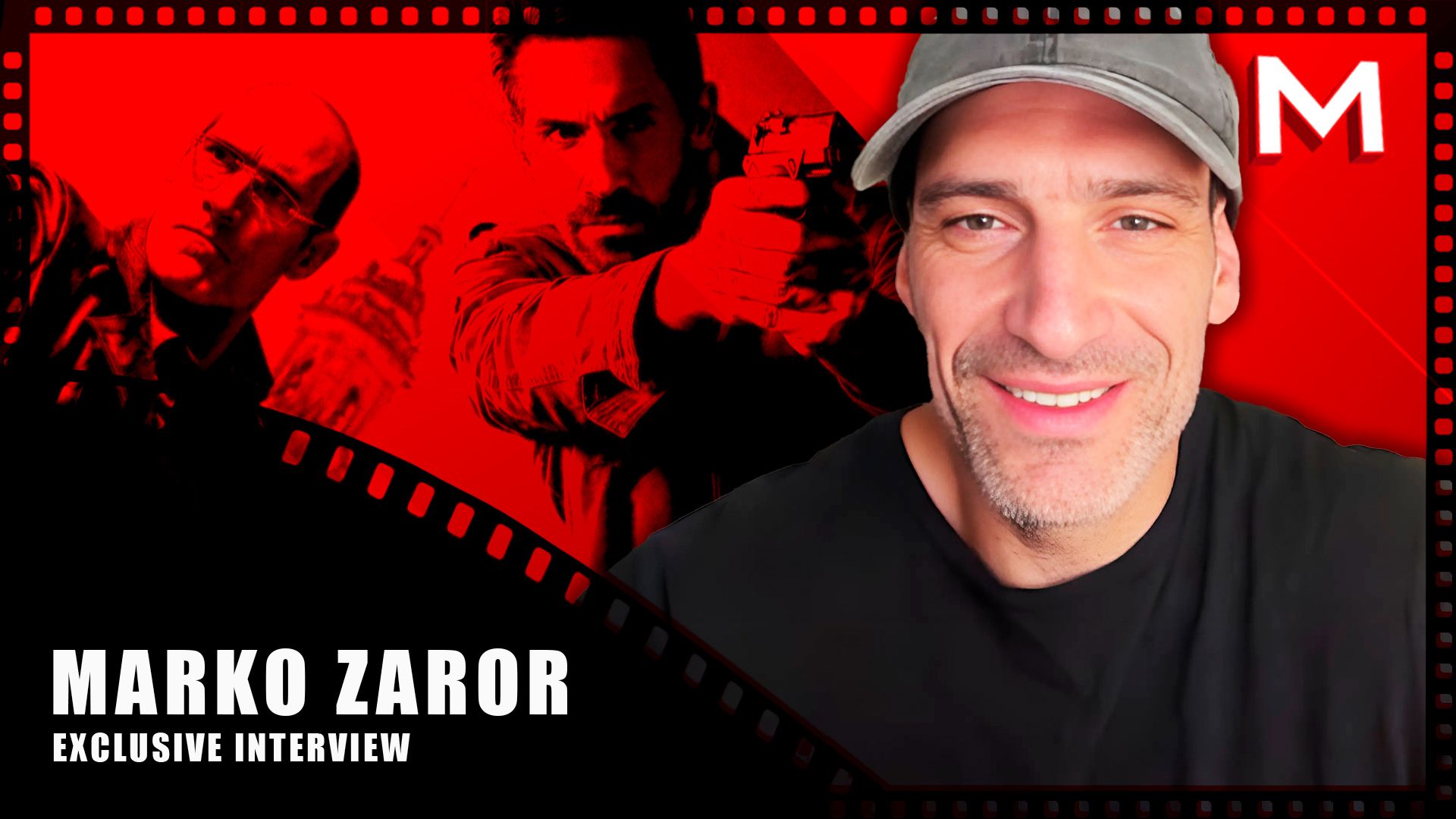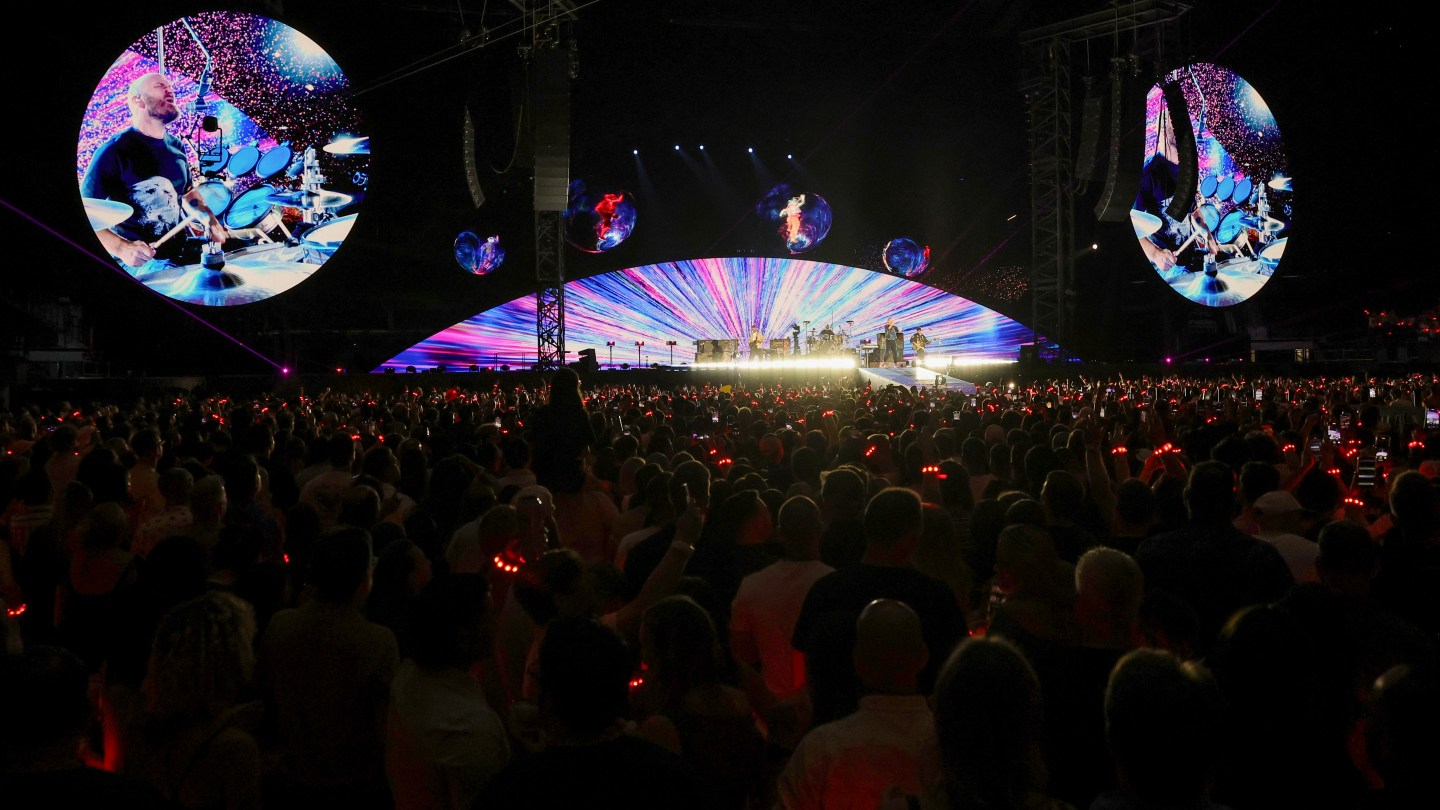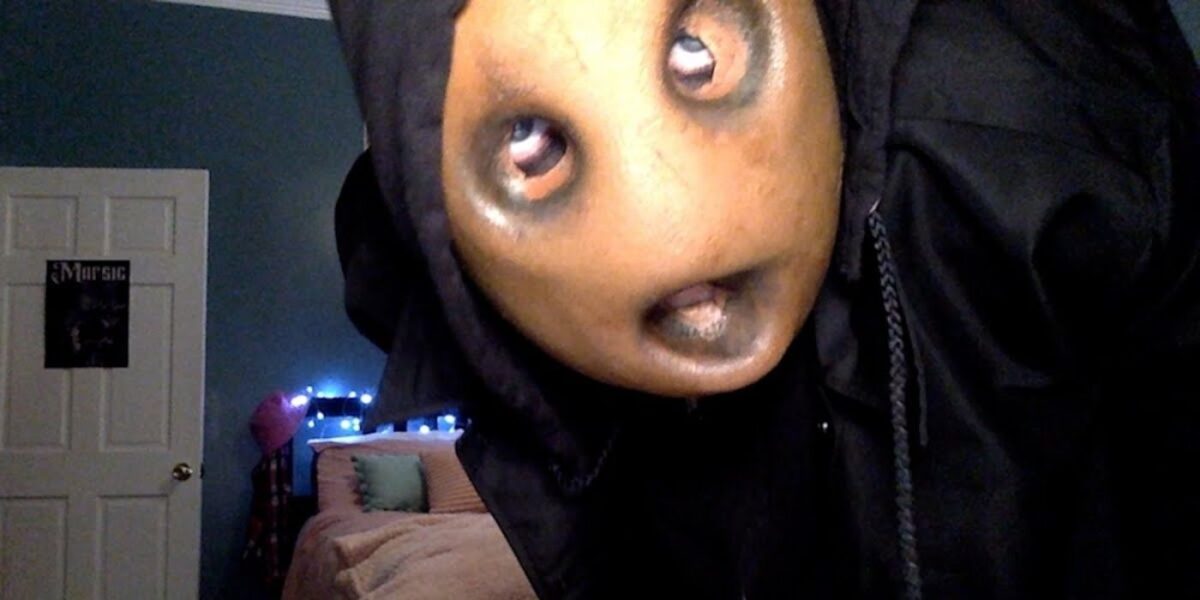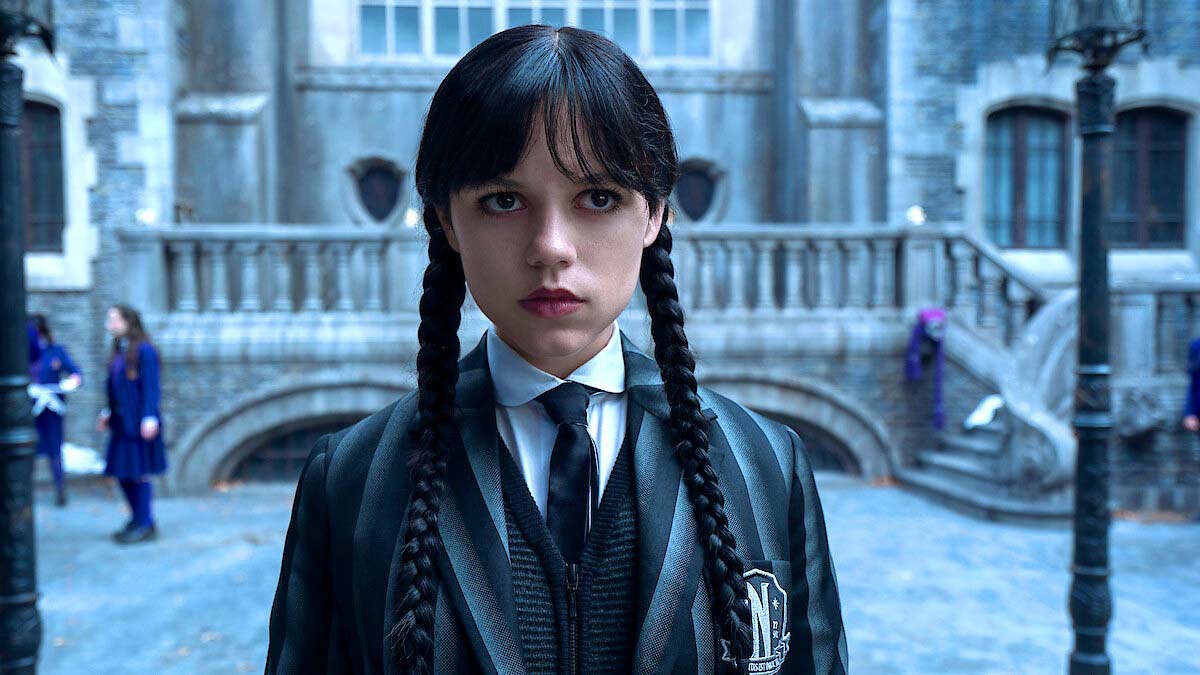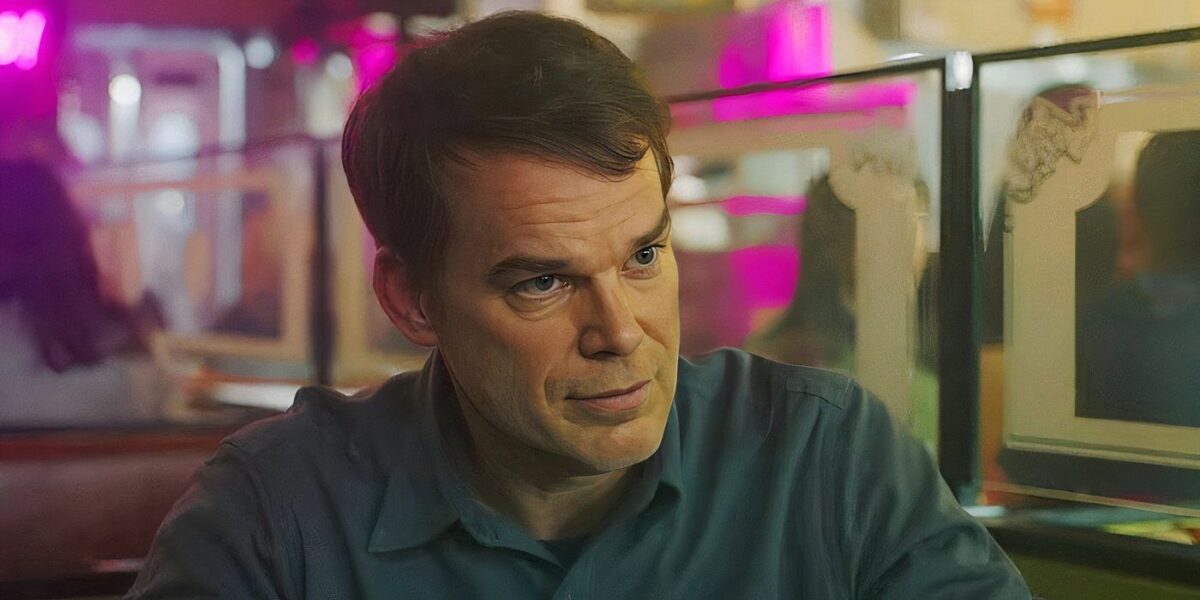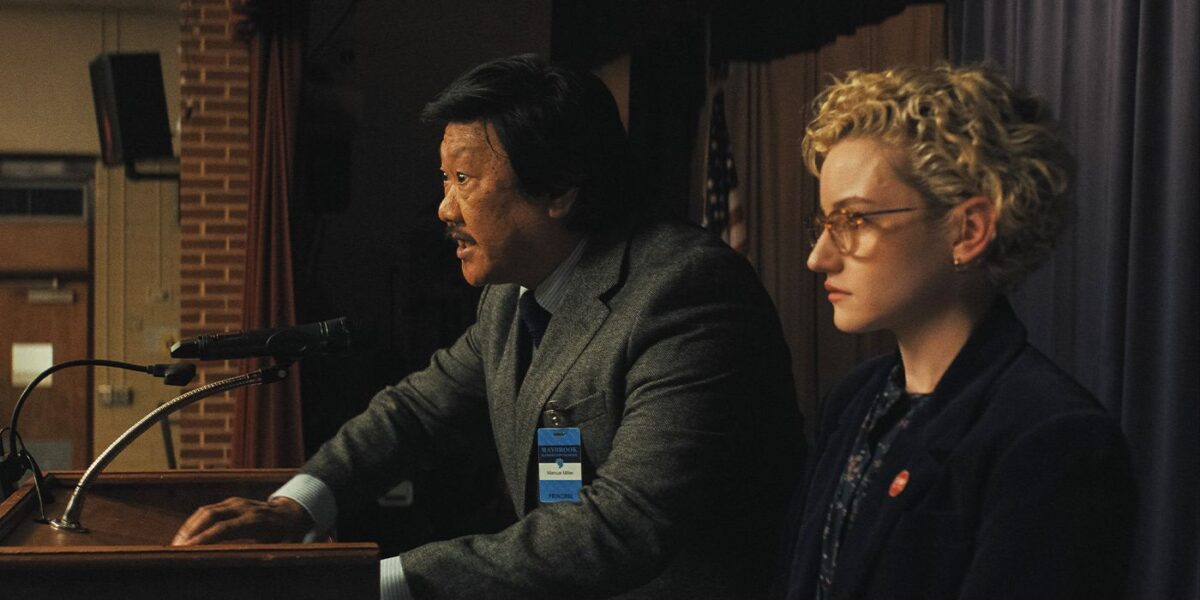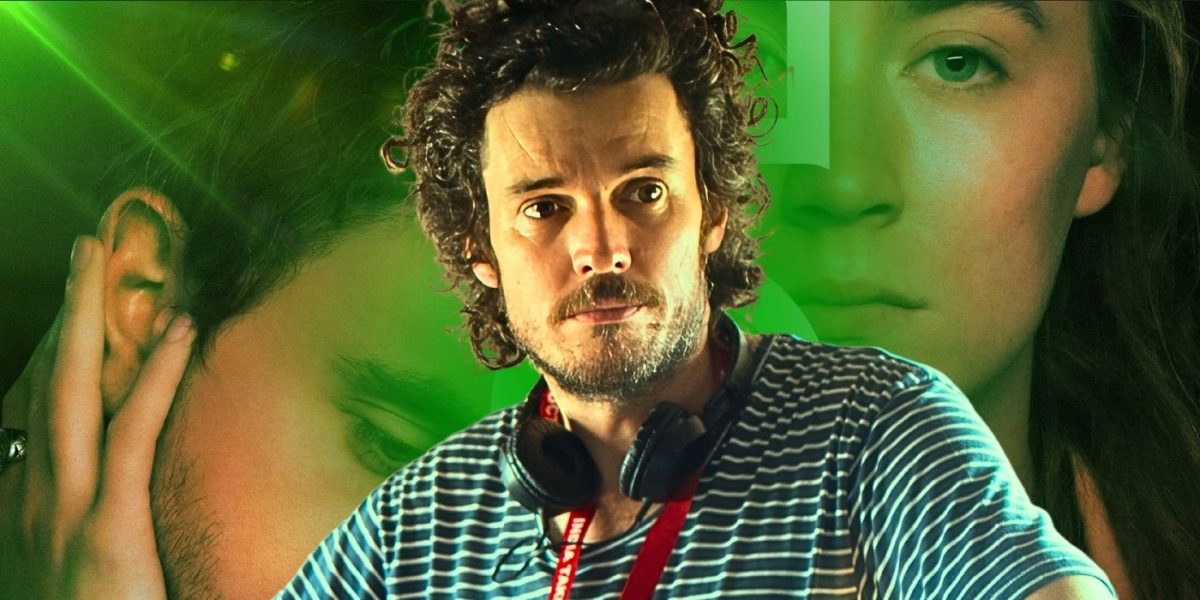
How Director Garth Davis Made Two Movies In One With ‘Foe’
Oct 11, 2023
The Big Picture
Foe is a sci-fi thriller that explores thought-provoking issues like interpersonal relationships, AI, and climate change in a grim near future. The film, starring Saoirse Ronan and Paul Mescal, is an adaptation of a best-selling novel and is full of mysteries and questions that keep the audience engaged. Director Garth Davis talks about the unique challenge of creating a movie that is essentially two films in one, with a story that completely transforms upon a second watch.
Garth Davis’ (Lion) latest film, Foe, is a sci-fi thriller that stars Academy Award nominees Saoirse Ronan (Lady Bird) and Paul Mescal (Aftersun) in a grim near future study of humanity and artificial humanity. The film is an adaptation of best-selling author Iain Reid’s (I’m Thinking of Ending Things) 2018 novel that deals with thought-provoking issues like interpersonal relationships, AI, and climate change. The screenplay is co-written by Reid and Davis as an Amazon Studios original, and this mysterious premise required some serious on-screen talent and focus in the editing room.
Foe is the story of Hen (Ronan) and Junior (Mescal), a couple who work the struggling remnants of Junior’s family’s farm and who lead an otherwise quiet and secluded life. In 2065, the climate isn’t optimal for life, and late one night, the pair receives an unexpected visit from a mysterious man who calls himself Terrance, played by Aaron Pierre (Brother). Terrance offers them the chance to be part of a unique program that will send Junior into space on an orbiting space station, leaving Hen at home with an AI version of her husband. At just around two hours, the film is full of mysteries and questions “that are there for nearly half the movie.” In his interview with Collider’s Steven Weintraub, Davis tells us, “[Foe] is two movies in one, and that’s not an easy thing to pull off,” going on to say, “but that was the thing that really excited us.”
During their one-on-one, Davis talks about what initially drew him to this project after nearly directing for what’s now Tron: Ares. They discuss the editing process, where the focus was telling a “truthful” story that had to make sense to its audience for a movie that completely transforms on a second watch. Davis also talks about the contained setting and the way the movie hinges on three nuanced performances where the “actors become the landscapes.” Check out the interview in the video above or the full transcript below for all of and this and more.
COLLIDER: I’ve got a million questions for you. I’m going to start with some curveballs. If someone has never seen anything you’ve directed before, what is the first thing you want them to watch and why?
GARTH DAVIS: I guess any of my movies. I’d be happy for that. Any of them. Foe is very special to me because it kind of brings all of my filmmaking qualities. I have done commercials for, like, 20 years and done a lot of fictional elements and creative elements. This movie has all that kind of humanity, but there are some sci-fi elements and a bit of genre. So, I guess this is the full spectrum of my filmmaking capabilities in Foe.
Image via Amazon Studios
True or false: you decided to direct Foe because you got to create a futuristic car?
DAVIS: No. False. [Laughs]
I’m totally messing with you.
DAVIS: Utterly false.
Although, that must have been cool either way. Which of your films actually changed the most in the editing room in ways you didn’t expect?
DAVIS: Oh god, I think that all of them have. I guess with Foe it was the most interesting one because I can never experience this movie as a first-time viewer because I know it. So I guess the thing I couldn’t fully understand is what it’s like for a first-time viewer dealing with all of the mysteries and the questions that are there for nearly half the movie. From the editing point of view, it was really about calibration and having to put it in front of someone that knows nothing about anything and kind of tracking their understanding of what we think they’re understanding. So, this was probably the most unique editing experience I’ve ever had in that regard, if that makes sense.
The other thing about Foe, specifically in the edit, is that I watched the movie, and as soon as it was over, I was like, “Oh my god, this would be a completely different movie when I rewatch it.” Can you talk about that aspect, that there’s a lot of stuff you’re revealing, and it’s about when and where you choose to reveal information? The fact is, the second time you watch it, it’s going to be a completely different film.
DAVIS: It is two movies in one, and that’s not an easy thing to pull off, but that was the thing that really excited us. We had to really think about [how] we have to be truthful because if you watch it a second time, it won’t feel real if that makes sense. So we had to really make sure that all the choices we were making were truthful, but then we had to hide the truth through our choices. So, that would be through performance and where we point the camera and point of view. I guess all of that was what really excited us, and that’s what I meant in terms of the editing was, trying to calibrate how much we reveal of the real story versus the one we think is happening. And not only that, the actors themselves emotionally go through a multitude of different truths and different ideas, as well. Yeah, I mean, it was a lot of fun…Every way you look at it, there’s another perspective.
What was it about this material that said, “I have to do this. I’m going to spend the next two or three years of my life making it?” What pulled you in?
DAVIS: It was the heart of the story, and that’s Hen and how she wants to live her life and be herself and find her agency. Hen, for me, represents somebody that appreciates that life is short and it’s precious, and she wants to not deny that part of herself. That’s how I see the world, and I love what she fights for, and I believe in that. I feel like we’re all a little bit asleep at the wheel in society, and Hen’s telling us to wake up and to take note, and that’s why I loved it.
Image via Amazon Studios
Also, it takes place in primarily one location, and it’s so different from what you’ve done before. Was it nice to have such a contained piece, and what was that like as a director working in such a contained environment?
DAVIS: Ah, man, you know I loved it. It was like a dream come true to make my actors become the landscapes, my action, just going deep into performance and nuance and mystery, and all those things. That was super exciting to me. But the material was great because it was a lot of complexity that we could explore in subtle ways, so I guess it was the right material to do it, and I loved it. I loved that challenge. It actually inspired me immensely.
Obviously, this whole movie rides on the three performances. When did you know that this was going to be something that these guys were going to be great in? They’re all great actors, but you really don’t know the chemistry until you’re all together.
DAVIS: Exactly. I was very confident with all of the human moments, but I guess the moments that were more complex, where there’s lots of secret rivers playing through the scene, I think that was the stuff I was most anxious about. I think it wasn’t until we were in rehearsal and we were rehearsing one of those key scenes where we kind of found the musicality of the scene and how much people were revealing, how much people weren’t, and just feeling that out together. When we found that, I felt really excited about where this was going to go. But it wasn’t until then that I felt like it was all going to work. Does that make sense?
Image via Amazon Studios
100%. You are revealing information as you go in certain scenes, did you ever end up having someone do a little bit more of a reveal in one scene or playing it a certain way in case you needed that in the edit?
DAVIS: As long as it was truthful. So, for instance, if one character was revealing a truth while the other one’s looking at them, clearly the actor would have to say in a real moment, “What are you doing?” You know? So I guess, to a point, yes. But I think it was more about coverage and point of view. So when someone’s back is to someone, then you’ve got all this availability to kind of explore a secret. So yes, we had to make sure that we had the first viewing and the second viewing, I guess, covered in the most exciting way going into the edit.
What do you think soon-to-be fans of the film would be surprised to learn about the making of the film?
DAVIS: That it was shot in Australia, maybe? [Laughs] That’s a pretty surprising thing. I don’t know. I’ve got no idea. I have to leave that up to them.
Sure. How many days did you actually have to make the movie? Do you remember?
DAVIS: I don’t fully remember. It was a pretty standard shoot, whatever that is.
So you didn’t feel like, “Oh my god, we have to make five pages today?”
DAVIS: No. There were definitely some ambitious moments, but it was a good schedule. There were definitely three or four days that weren’t fitting in the schedule that we had to somehow absorb, so you choose your battles. You choose the scenes where you want the time, and there are some scenes where you’re shooting them in 20 minutes. You just are. You kind of have to make sure the preparations are in place to achieve those moments, like any filmmaker. But no, it didn’t feel like I was under crazy duress, even though there’s always that pressure.
Image via Amazon Studios
How do you typically like to direct on set, and what do you do when you’re not getting exactly what you want? Are you one that gives a slight little, “Just a little like this,” or how do you like to craft your performances on set?
DAVIS: I mean, I do whatever I can to get it, and every situation will change. It’s fairly cliché, but I don’t want to give them the result of what I’m looking for. I’m more interested in witnessing choices. So I guess it’s really together I would take the actors separately out of the space if I have that opportunity to talk privately, maybe just one so it affects the other. I mean, all those usual directorial things. Sometimes I use music. It depends on the actor or the style of the actor. Some actors don’t want any of that inspiration, they just want to have a conversation, whereas some people really thrive off being shown an image, for example, to inspire a scene, or a small conversation, or a note. So yeah, there’s not one thing. It’s a myriad of things. But I guess my driving principle is to, again, just try to witness a choice I’m not going to expect.
From friends and family screenings or test screenings, or whoever you showed it to, what were the things that you learned that you didn’t expect, that you now needed to go in and adjust in the movie because they told you stuff and you were like, “Oh, fuck. How did I not see this?”
DAVIS: The challenge here is that there are some audience members that get things a lot quicker than others, and which one do you serve? The ones that can get something straight away, because that’s the way their brains are wired, you don’t want to be too obvious because they get frustrated. Then, if you’re not obvious enough, there’s half the audience that don’t get it. So I guess we just had to decide what was the deal-breaker, and I guess that reveal scene, it had to be clear to every single person in that audience what’s going on. It just had to be; otherwise, the last of the movie would be impossible to watch. So, that was the scene that we were most critically testing with the myriad of audiences to make sure that 99.9% would get it. And it was totally different to what I thought it had to be to achieve that.
Image via Amazon Studios
The beginning of the film has text on screen, sort of setting you up to the world. How much did you debate what text to say on that screen, and did it change along the way?
DAVIS: It was never going to be text on the screen, but when we were doing some tests, we underestimated how much the audience was working, you know? They were kind of in this world they didn’t know, and when he was talking about space, they thought, “What? Are we in the future?” So there were all of these questions that the audience was having to kind of understand and consume, and it was almost taking all of their energy away from the story itself, the one that we wanted them to be watching. By simply adding the title at the front, it just gave this enticing sense of context that actually just took away some of those mysteries and allowed people to be really engaged in what is still very ambiguous and mysterious. It was really fascinating, rather than going in and re-editing all the scenes, just by adding a tiny bit of context at the beginning created this completely exciting relationship with the film.
I really wonder what it would have been like for me to see it without that text. I’m actually wondering about that.
DAVIS: Yeah, I mean, there are two things that happen. Two very different things.
With this film, was there something else you thought about directing since your last movie, or was this the thing you gravitated towards? I’m just curious if there was something else you came close to.
DAVIS: I was actually floating with Tron 3. I was kind of getting in the weeds on that, but I guess Foe was something that, as an artist and as a human being, I was very, very excited about. It was something that I felt passionate about. Once I find something that I want to do, I just kind of stay on it until it’s done.
Image via Disney
I am a huge fan of Tron, and I’m trying to imagine your version of Tron 3 right now.
DAVIS: How does it look? [Laughs]
I think the main thing is getting to design in that world must be very enticing because it’s visually like nothing else. Although, I guess Tron 3 takes place more in the real world, but whatever. You still get to design cool shit.
DAVIS: Absolutely. There’s a big part of me that loves that stuff. It just has to be character-driven for me to want to fully engage with it, but I’m a big fan of those movies. When I find the right one, I’ll be giving it a go.
Image via Walt Disney Pictures
What are you thinking about for the future? Is there a script that you’re working on right now or things you’re thinking about?
DAVIS: There’s nothing I can talk about, but there’s definitely a limited series that I’m developing and an original idea that I’m putting some ideas around, a slightly bigger canvas original idea. But you know, it’s a slow process finding something that, as you say, you’re going to spend years of your life on. It needs to kind of affect me and give me that fire in the belly, otherwise, I’m not doing it.
One of the things about series, I’m not sure if it’s the same with you, but I’m watching more and more television now because you get to spend so much more time with characters, and the budgets on series can be pretty expensive nowadays.
DAVIS: Yeah, Top of the Lake I really enjoyed doing because it was very filmic. I guess what I have an allergy to is the kind of formulaic nature of television. The formula is kind of birthing the creative choices, and I find that a little frustrating. I like it when TV feels more like a novel, and it’s very purist and exciting. It is being done, but there’s so much room for limited television to be pushing the form so much more than it is. So, I do think it’s an exciting space, and it is a different story to tell. It’s a novel, you know? You can go with that character for an episode, then that one, and you can drive forward in a really exciting way that you can’t in a movie. So yeah, if it’s brave and exciting, then I’m in.
Foe is in theaters now.
Publisher: Source link
I Was Locked Into This True Crime Mockumentary’s Serial Killer Terror Despite One Fatal Flaw
True crime documentaries have become a huge staple of modern entertainment culture. From movies to miniseries, the documentation of grisly murders and corrupt cover-ups has become a permanent subgenre of documentary filmmaking. Because of how widespread it is, it also…
Aug 13, 2025
Jenna Ortega Can’t Save A Meandering, Directionless Season 2
Despite its clumsy attempts to recapture the magic of the ‘90s films “The Addams Family” and “The Addams Family Values,” season one of “Wednesday” found its charm through the stone-faced performance of Jenna Ortega as the titular Wednesday Addams. made…
Aug 12, 2025
Dexter’s Pursuit of the Gemini Killer Leads to the Series’ Most WTF Twist
Editor's note: The below recap contains spoilers for Dexter: Resurrection Episode 6. If you thought after three TV series that the world of Dexter Morgan (Michael C. Hall) had run out of things to do, oh, has Dexter: Resurrection been…
Aug 12, 2025
Zach Cregger’s ‘Barbarian’ Follow-Up Is Frightening, Hilarious, and One of 2025’s Best Horror Films
In recent years, it seems like we’ve seen an uptick in people known for comedy dipping their toes into horror. Most famously, Jordan Peele won an Oscar for his debut feature as writer-director, Get Out, but Kevin Smith and Bobcat…
Aug 12, 2025
